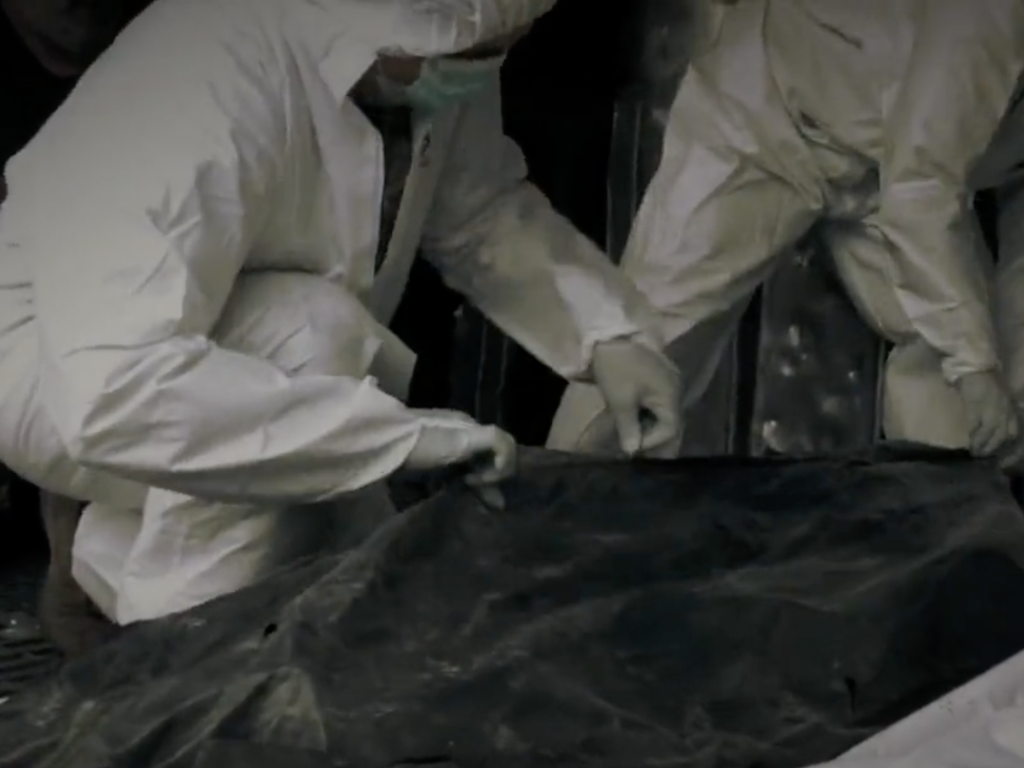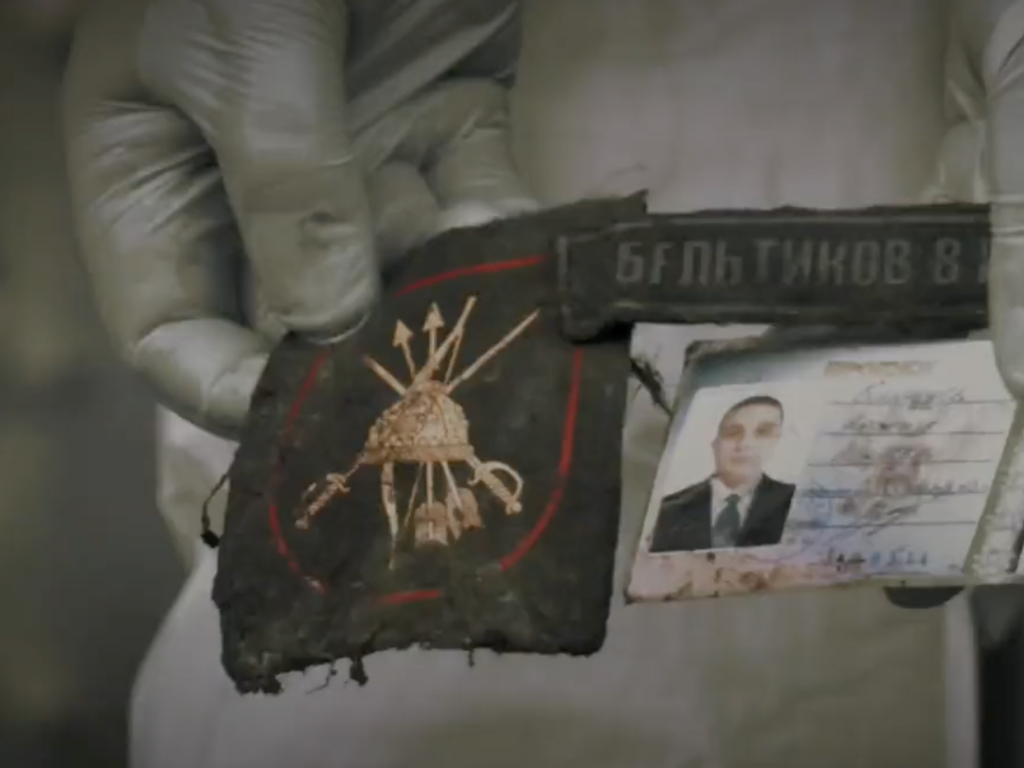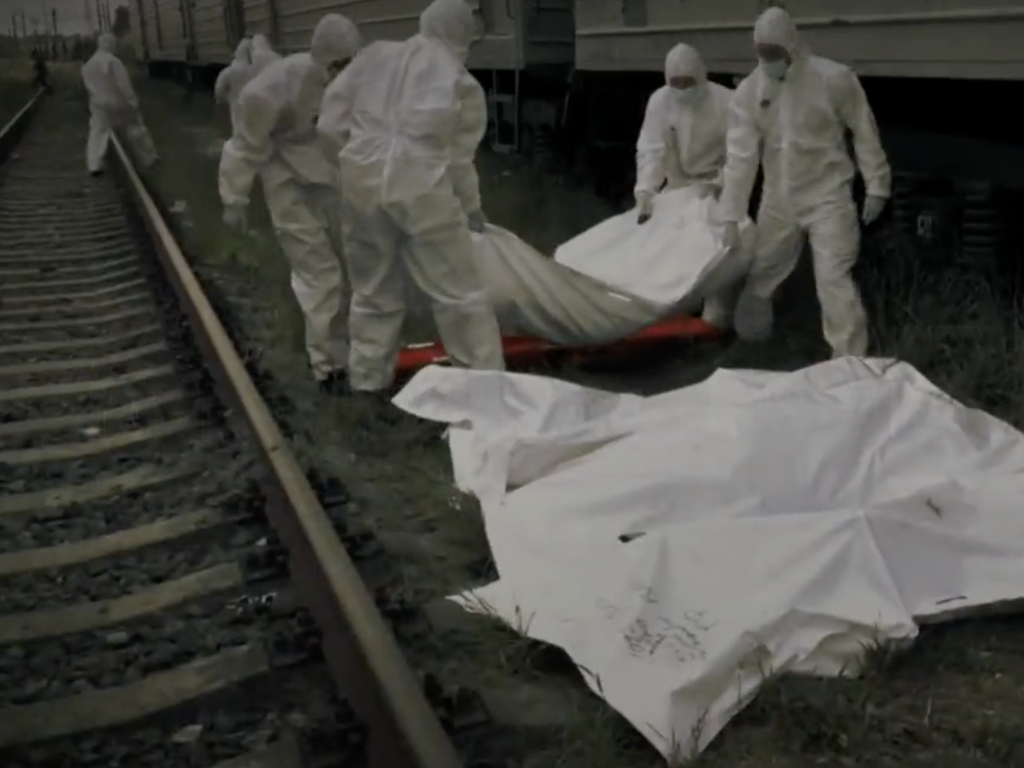- Ukraine's wartime railway chief said Ukraine treats "dead Russians better than they treat live Ukrainians."
- The CEO of Ukrainian Railways shared a video detailing how the rail network preserves Russian corpses.
- The video references reports of Russia's unwillingness to repatriate its dead soldiers.
Ukraine's wartime railway chief has claimed that the country treats "dead Russians better than they treat live Ukrainians" in the caption for a video shared on Friday.
Alexander Kamyshin, the CEO of the state-owned Ukrainian Railways, posted a video on Twitter on Friday which describes how Ukraine preserves the bodies of Russian military fatalities.
"According to humanitarian law, Ukraine preserves bodies to release them to mothers and wives," the video says.
Ukrainian Railways preserves the bodies by storing hundreds of them in refrigerated trucks, according to the video.
The railway network, it says in the video, is prepared to deliver "cargo 200" back to Russia.
"Cargo 200" is a Soviet military code word for the transportation of military fatalities. "Your 'cargo of 200' is waiting on demand," says text at the end of the clip.

Throughout the video, references are made to reports of Russia's unwillingness to repatriate the corpses of their dead soldiers.
"Russian commanders do not seek to return bodies," it is alleged in the video.
"Russia hides real losses from families to avoid panic and to avoid payment of compensations," says text featured in the clip.

Ukraine's deputy prime minister Iryna Vereshchuk told The Guardian that Russia was refusing to take in body bags because it wanted to deny the scale of its military losses.
To disguise the true number of casualties, Russia has secretly transported its dead and wounded soldiers to Belarus, reports say, per Insider.
Last month, Insider reported that Ukraine claimed it was storing more than 7,000 unclaimed Russian corpses in its morgues.
Ukrainian President Volodymyr Zelenskyy criticized Russia's refusal to repatriate its dead soldiers, per The Guardian, having accused the Kremlin, in March, of affording less respect to those killed than is usually given to dead pets.
